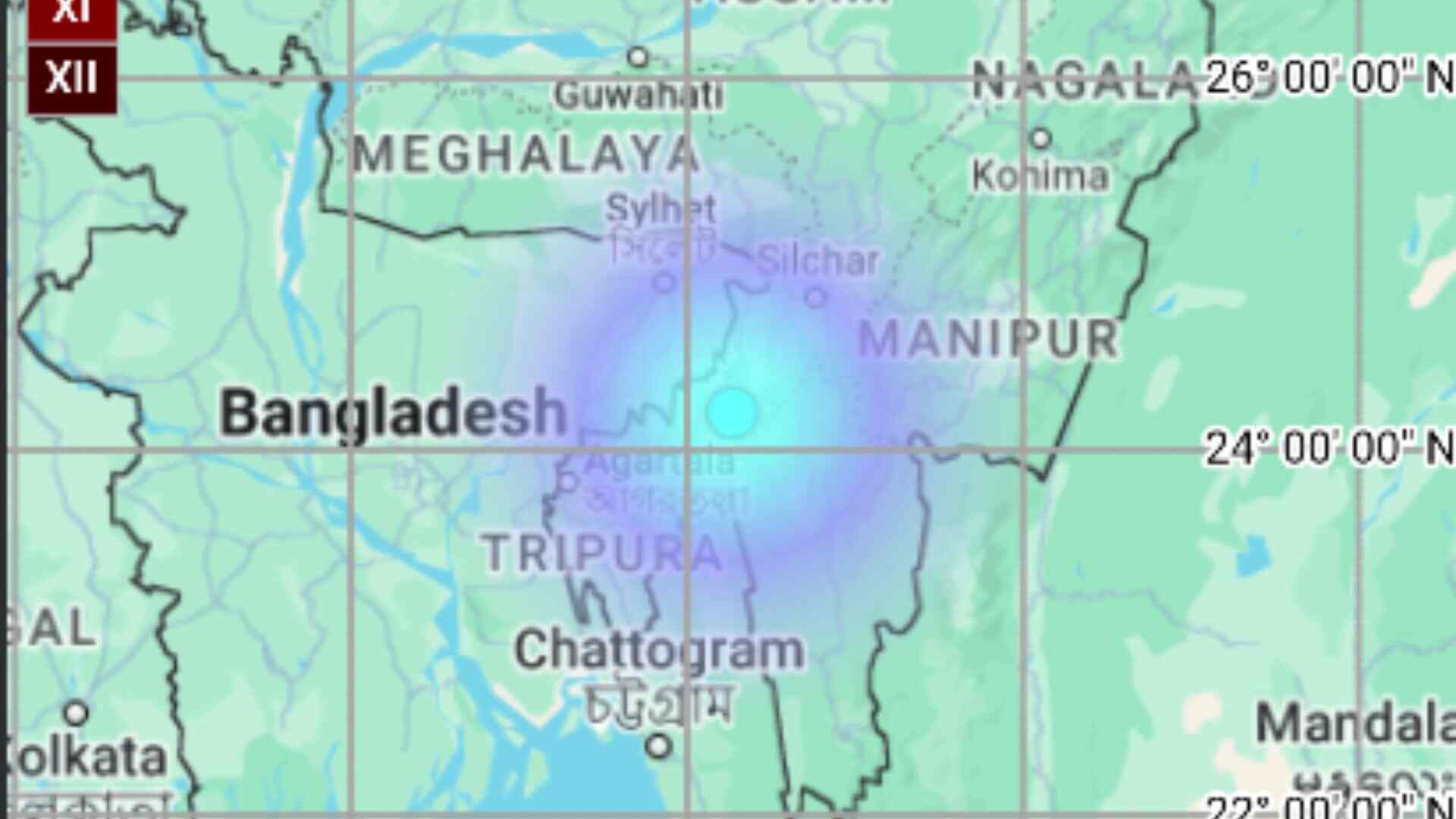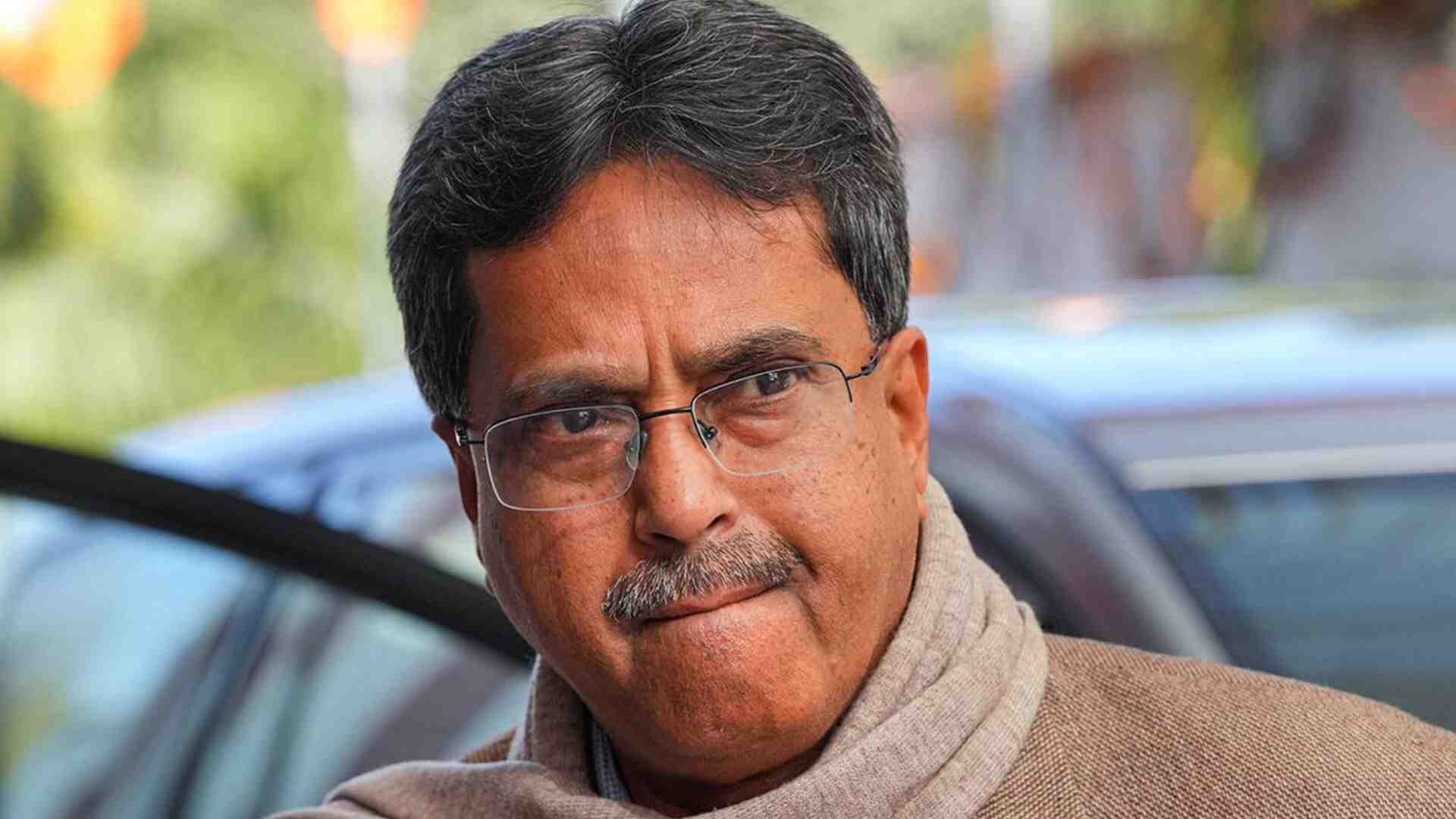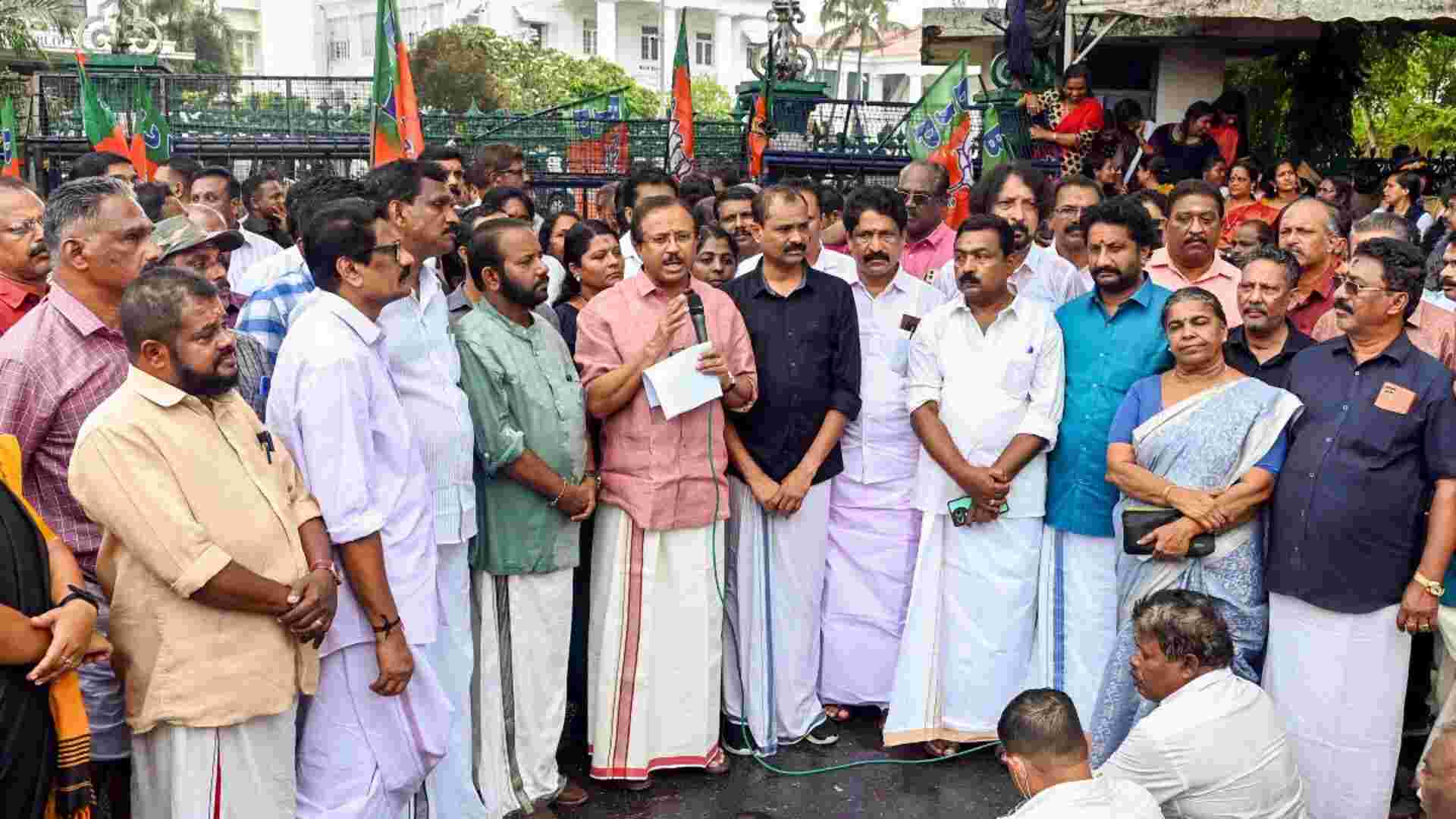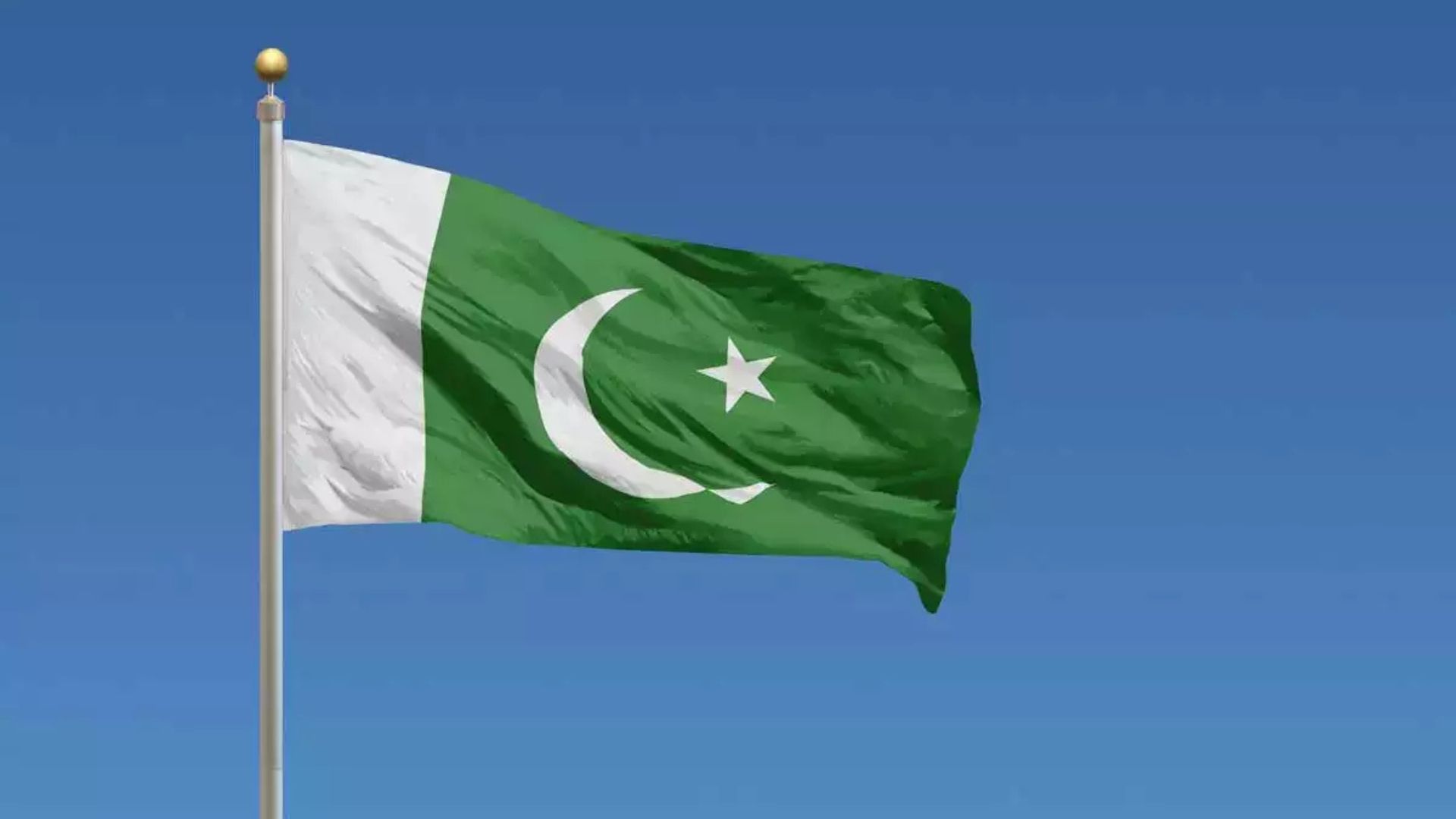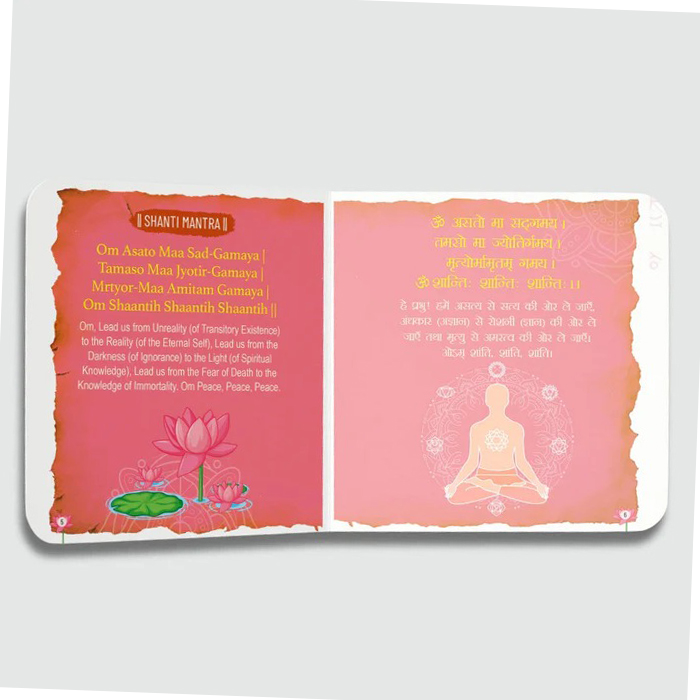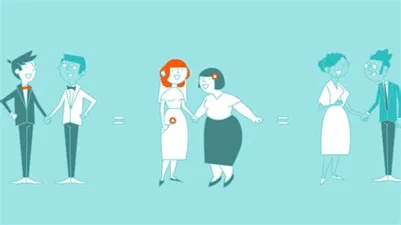
Today is an important day for both supporters and opponents of same-sex marriage. A five-judge Constitution bench of the Supreme Court, including Chief Justice of India DY Chandrachud and Justices SK Kaul, Ravindra Bhat, Hima Kohli, and PS Narasimha, is set to hear petitions regarding same-sex marriage. The Supreme Court’s judgment may make history for LGBTQ supporters, as in the case of Navtej Singh Johar and Ors. vs. Union of India (UOI) and Ors., MANU/SC/0947/2018, where the right to love a same-sex person or have a homosexual relationship was recognized after a long battle against the British-made law that criminalised same-sex relationships. The colonial law was established after the famous Government v. Ali Buksh case, DNA NWP. 2 (1852), p. 1314 (also known as the Bhoorah murder case).
The judgment changed the fate of many transgender people by tagging them as criminals under the Criminal Tribes Act (CTA) of 1871, which was later repealed after India’s independence. The government of India no longer criminalizes sodomy. There are many misconceptions about sodomy. Sodomy is associated with homosexual relationships, which are not of modern origin. Its roots can be traced back to ancient Hindu mythology like the Kama Sutra, written by Sage Vatsyayana. The Kama Sutra is considered one of the classic books where an entire chapter is devoted to the subject of homosexuality.
According to Sage Vatsyayana, homosexual sex is a kind of art, and one should enjoy it. Loving a same-sex person of your choice was accepted in ancient society, as there is available evidence relating to it, and the same has been accepted in our modern society. However, whether two same-sex people can marry is the subject of the current petition before the honourable Supreme Court of India. The discussion is based on two issues: 1) What is marriage? and 2) whether our society is ready to accept same-sex marriage. Marriage is a social and legal institution recognized and regulated by various religions throughout history. The concept of marriage can vary between religions and cultures, but generally, it refers to the union between two people, often intending to create a stable and lasting partnership, and the most important part of it is the procreation of a child. In many religions, marriage is viewed as a sacred union between a man and a woman that is blessed and sanctioned by a higher power. For example, in Christianity, marriage is considered a holy sacrament and is based on the biblical teachings of the union between Adam and Eve. In Islam, marriage is also considered a sacred bond between a man and a woman that is sanctioned by Allah.
Marriage in Hinduism is considered a sacred and important institution that unites two individuals for life, not only in this life but also in their future lives. In Hinduism, marriage is viewed as a union of two souls and families and is accompanied by several customs and rituals. For any society, marriage always means a relationship between men and women, and it is the society that will reap the benefits of the union between men and women in the form of their child, which will help the society grow in terms of family and religion. Even Article 16 of the Universal Declaration of Human Rights says that men and women of full age, without any limitation due to race, nationality, or religion, have the right to marry and find a family. They are entitled to equal rights as to marriage, during the marriage, and at its dissolution. Marriage shall be entered into only with the free and full consent of the intending spouses. The family is the natural and fundamental group unit of society and is entitled to protection by society and the state. Somewhere in the UDHR, the importance of marriage between males and females has been highlighted for society. But does that mean that everything that happens in society is for the better? As an example, live-in relationships were not accepted in Indian society until now due to the taboo associated with them, even though they are legal. Also, heterosexual married couples who are medically unfit to give birth to their child can go for adoption and surrogacy. It’s not that marriage always means giving birth. The most important thing on this earth is the spreading of love through humanity. Being human, every person has the right to love and marry. A relationship cannot be based on a purpose. But it will be tough for society to accept same-sex marriage, as most of us believe that marriage means a heterosexual relationship. Same-sex marriage will have many moral, social, and legal issues. A person who claims a right to same-sex marriage has some duties as well. Allowing same-sex marriage will create complexities in other relationships. How the marriage rituals will be performed for the solemnization of marriage, like sindurdaan and saptapadi, under the Hindu Marriage Act, 1955 Who will be the Karta of the family? Who will be the son-in-law and daughter-in-law of the family? Yeah, for same-sex marriage solemnization, the Special Marriage Act can be used. But one cannot deny the fact that same-sex marriage will disturb the institution of marriage in our society.
It’s easy to claim rights but tough to perform duties. God has created relationships like those between father and mother, which are considered pious relationships in every religion. In cases of marriage, it is expected that a child will have both fathers and mothers, which is not possible in same-sex marriage. Even if homosexual couples adopt a child, how will they introduce their relationship to their child? These are some moral and legal issues related to same-sex marriage. Today, whatever decision the honorable Supreme Court will take related to same-sex marriage, there will be aneffect on society as well ason homosexual couples. There is no doubt that homosexual people are facing many legal issues related to their relationship like inheritance of property, the opening of joint accounts with their partners, and giving a name tothe nominee in a job, etcall these issues need to be checked whether today honorable supreme court gives judgment in their favor or not. that need to be checked. The law should provide a remedy for such issues. Over time society has accepted many changes related to marriage like inter-caste marriage, inter-religion marriage, etc, but the in all those cases same-sex marriage is different.

Dr. Pyali Chatterjee is HOD, Faculty of Law, ICFAI University, Raipur, Chhattisgarh.
